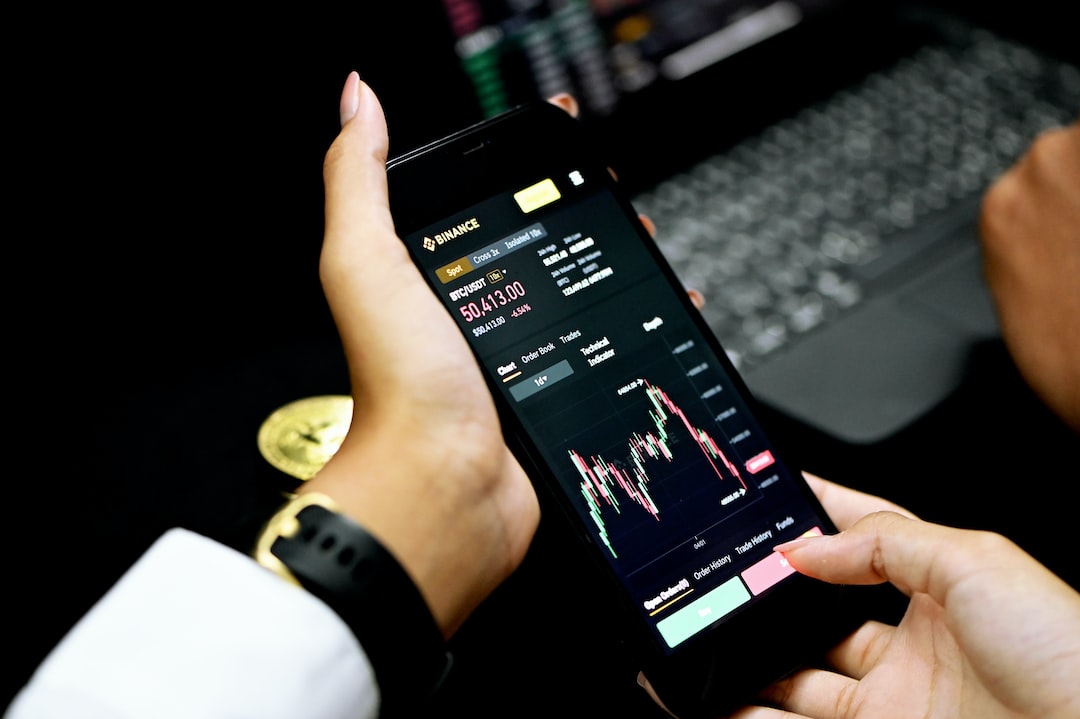Bitcoin Forex Trading Platform vs. Traditional Forex Trading – Pros and Cons
In recent years, cryptocurrency has gained significant attention and popularity, and Bitcoin, the world’s first digital currency, has emerged as one of the most well-known cryptocurrencies. With the rise of Bitcoin, it has also become possible to trade it alongside traditional fiat currencies on forex trading platforms. This has led to a comparison between Bitcoin forex trading platforms and traditional forex trading, weighing the pros and cons of each. In this article, we will delve into the advantages and disadvantages of both options, helping you make an informed decision.
Bitcoin Forex Trading Platform
One of the main advantages of Bitcoin forex trading platforms is their decentralized nature. Bitcoin operates on a peer-to-peer network, which means that there is no central authority or government controlling the currency. This decentralized feature ensures that Bitcoin transactions are not subject to government regulations and restrictions, providing users with more freedom and flexibility.
Another significant advantage of Bitcoin forex trading platforms is the potential for high volatility and profitability. Bitcoin has witnessed significant price fluctuations in the past, allowing traders to take advantage of price movements and generate substantial profits. Moreover, as Bitcoin gains more mainstream acceptance, its value is expected to increase further, potentially leading to even higher profits for traders.
Additionally, Bitcoin forex trading platforms often offer lower transaction costs compared to traditional forex trading platforms. Since Bitcoin transactions do not involve intermediaries such as banks or financial institutions, the fees associated with trading are significantly reduced. This can be especially beneficial for frequent traders who aim to minimize their overall trading costs.
However, it is important to note that Bitcoin forex trading platforms come with their own set of risks and challenges. One major concern is the volatility of Bitcoin prices. While volatility can lead to significant profits, it can also result in substantial losses if not managed properly. Traders must be prepared to handle the high level of price fluctuations associated with Bitcoin trading.
Another disadvantage of Bitcoin forex trading platforms is the potential for security breaches and hacking. Since Bitcoin transactions are conducted online, they are susceptible to cyber attacks. Traders must take extra precautions to ensure the security of their funds and use reputable and secure trading platforms.
Traditional Forex Trading
Traditional forex trading, on the other hand, has its own set of advantages and disadvantages. One of the primary benefits of traditional forex trading is the stability and liquidity of fiat currencies. Unlike cryptocurrencies, fiat currencies are backed by governments and central banks, providing a level of stability and predictability. This stability can be attractive to risk-averse traders who prefer a more conservative approach.
Another advantage of traditional forex trading is the vast amount of resources and educational materials available. As forex trading has been around for decades, there is a wealth of information, analysis tools, and research available to traders. This can be highly beneficial, especially for beginners who are just starting their trading journey.
Additionally, traditional forex trading platforms often offer a wider range of currency pairs compared to Bitcoin forex trading platforms. This allows traders to diversify their portfolios and take advantage of different market opportunities. Moreover, traditional forex trading platforms provide access to various financial instruments such as options, futures, and commodities, offering traders more flexibility and trading options.
However, traditional forex trading is not without its disadvantages. One major drawback is the significant amount of regulations and restrictions imposed by governments and financial institutions. These regulations can limit the freedom and flexibility of traders, especially when it comes to cross-border transactions.
Furthermore, traditional forex trading platforms often involve higher transaction costs due to the involvement of intermediaries such as banks and financial institutions. These fees can add up, especially for frequent traders, reducing overall profitability.
Conclusion
In conclusion, both Bitcoin forex trading platforms and traditional forex trading have their own set of pros and cons. Bitcoin forex trading platforms offer decentralization, potential for high profitability, and lower transaction costs. However, they also come with risks such as price volatility and security concerns. On the other hand, traditional forex trading provides stability, access to a wide range of resources, and more trading options. However, it is subject to regulations and higher transaction costs.
Ultimately, the choice between Bitcoin forex trading platforms and traditional forex trading depends on individual preferences, risk tolerance, and trading goals. It is essential for traders to carefully evaluate their options, conduct thorough research, and consider their own circumstances before making a decision.






